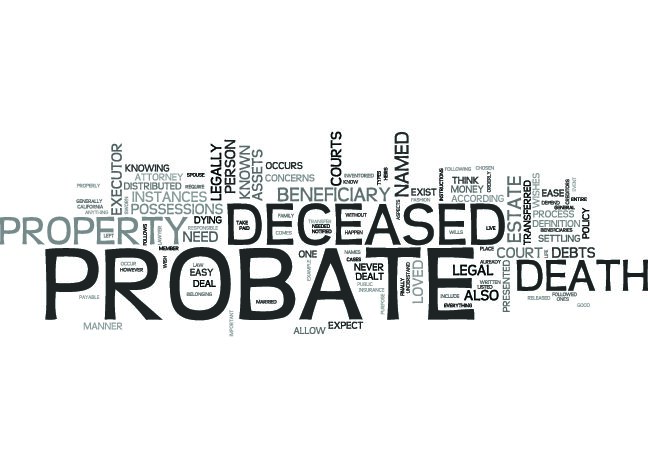 The loss of a loved one presents unexpected challenges. You might feel overwhelmed if you lose a beloved relative or friend. And the process of handling their affairs only adds to the stress. Many families eagerly try to tie up loose ends and distribute assets. But in many cases, they end up facing either formal or informal probate.
The loss of a loved one presents unexpected challenges. You might feel overwhelmed if you lose a beloved relative or friend. And the process of handling their affairs only adds to the stress. Many families eagerly try to tie up loose ends and distribute assets. But in many cases, they end up facing either formal or informal probate.
Probate Defined
Are you familiar with the term “probate?” It refers to the legal process required for asset distribution after the asset owner dies. During probate, the courts authorize a representative to pay debts and distribute assets on behalf of the deceased. Different probate routes exist. Chief among them – informal probate or formal probate.
Is Probate Always Necessary?
No, if properly funded deceased’s assets funnel into a living trust. (The owner died without assets in their name). Thus, a trustee legally distributes assets, accordingly. This renders probate and court involvement unnecessary. Many individuals choose this route as the formal probate process presents drawbacks. Probate records are public. Private people often feel frustrated seeing published accounts of their financial histories. The process also often drags on. Often, many months pass before the court approves the final distribution of assets. Expensive, time-consuming, and potentially public. No wonder probate has a bad rap.
 However, for some decedents and their families, formal probate proves incredibly helpful.
However, for some decedents and their families, formal probate proves incredibly helpful.
- If the decedent faced numerous outstanding debts at the time of death
- When a formal court proceeding (with oversight of the personal representative and supervision of all probate proceedings by a judge) generates a satisfactory final ruling by a judge who determines when all debts are satisfied.
- Formal probate can also be helpful if there is the anticipation of family conflict.
- A neutral third party oversees the proceedings and the actions of the appointed personal representative. This reassures family of honest and legal proceedings.
Informal Probate vs Formal Probate

Informal probate is an option worth considering if your situation allows for it. Usually a quicker process than the formal version, informal probate involves less paperwork and is often more affordable for the client. In some cases, court appearances are unnecessary during informal probate, saving families valuable time and money.
The differences between the two forms of probate are not as vast as you might expect. There is still court oversight with informal probate, and the paperwork that is filed with the probate court is still considered part of the public record. However, some individuals may prefer formal probate, especially if they anticipate conflict between heirs or if the decedent had significant creditors. Court supervision can be incredibly helpful in such cases.
Understanding the role of probate and the difference between informal and formal probate is critical to the estate planning process. Talk with your loved ones about your hopes for the future. Make plans to ensure your wishes are respected with the help of an estate planning attorney. It’s the best way to protect your family, friends and all you’ve worked towards.
About Skvarna Law Firm in Glendora and Upland, California
A skilled attorney can assist with your estate plan. Contact us today to learn about your options (909) 608-7671. We operate offices in Glendora and Upland, California. We provide legal services for individuals living in San Bernardino, Los Angeles, Orange and Riverside Counties. This includes the cities of Upland, Ontario, Rancho Cucamonga, Fontana, Colton, Rialto, Chino, Chino Hills, Glendora, Claremont, Montclair, Pomona, La Verne, San Dimas, Azusa, Covina, West Covina, Diamond Bar, Walnut, La Puente, Corona, Norco & Mira Loma. Visit SkvarnaLaw.com to learn more.


